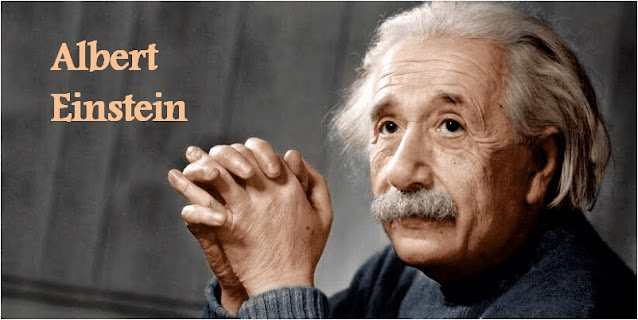The I nstitute for Scientific Information ( ISI ) was an academic publishing…
Albert Einstein
Nobel Prize in Physics in 1921
Born: March 14, 1879, Ulm, Germany
Died: April 18, 1955, Princeton, New Jersey, USA
Affiliation at the time the award was awarded: Kaiser Wilhelm Institute (now Max Planck Institute) for Physics, Berlin, Germany
The motivation behind the award: "For his services in theoretical physics, and especially for his discovery of the law of the photoelectric effect."
Albert Einstein was awarded the Nobel Prize one year later, in 1922.
Prize share: 1/1
Life
Albert Einstein grew up in Munich, where his father founded an electrical engineering company. After studying at ETH University in Zurich, Einstein worked at the patent office in Bern, and during this time he produced many groundbreaking works in the field of physics. Later he was appointed to the Universities of Bern, Zurich, Prague and from 1914 in Berlin. After the Nazis seized power in Germany, Einstein emigrated to the United States, where he worked at the Institute for Advanced Study in Princeton, New Jersey. Albert Einstein was married twice and had three children from his first marriage.
Action
If the metal electrodes are exposed to light, electrical sparks occur between them more easily. But for this "photoelectric effect" to occur, the light waves must be above a certain frequency. According to the theory of physics, the intensity of light should be critical. In one of many studies of making ages beginning in 1905, Albert Einstein demonstrated that light is composed of quantum "beams" with constant energies corresponding to certain frequencies. One of the light quantities, the photon, must have a certain minimum frequency before it can emit an electron.











Post a Comment